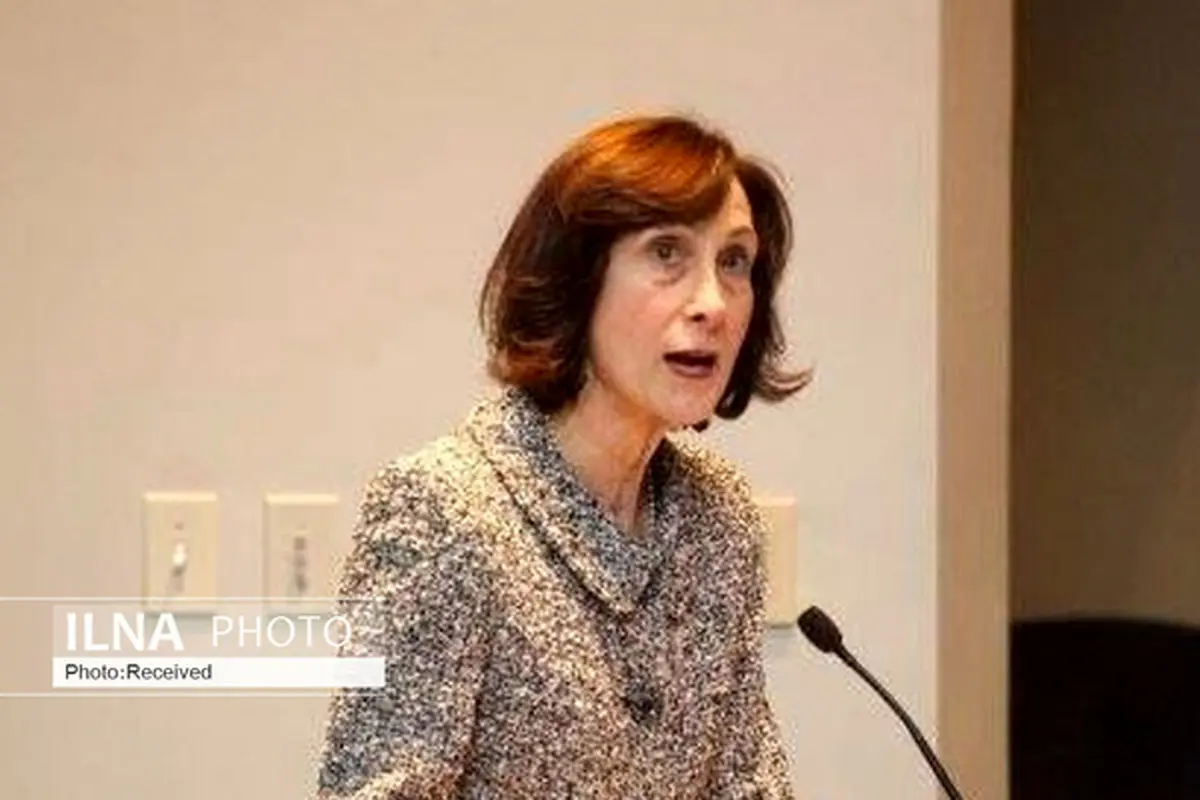Istanbul election is a sign of erosion of the AKP; Lenore Martin tells ILNA

There is no question that a win by the opposition CHP candidate in the mayoral election for Istanbul on June 23 is a sign of erosion of the AKP. Istanbul is the most important city in Turkey both due to its role in business and its large population.
A professor and chair of the department of political science Lenore G. Martin believes "Turkish President continues with an autocratic style of governing that is touching many sectors of society including the army, police, journalists and international trade has clearly alienated many segments of the Turkish population so many political parties formed an alliance against President Erdogan and the AKP in the mayoral election of June 23.
ILNA: Can the opposition victory in the mayoral election be seen as a sign of erosion of AKP? Why wining in this election was so crucial to Erdogan?
There is no question that a win by the opposition CHP candidate, Ekrem Imamoglu in the mayoral election for Istanbul on June 23 is a sign of erosion of the AKP. Istanbul is the most important city in Turkey both due to its role in business and its large population. It is where President Erdogan began his political career and where AKP held the mayoral seat for 25 years. That is why President Erdogan called for a rerun election after AKP lost the mayoral election on March 31. The reason given by AKP for it really made little sense. But, Erdogan and his AKP did not want to lose its foothold in Istanbul, the financial capital of Turkey and the business connections that includes. What is very important to take note of is that Mr Imamoglu won the June 23 rerun election with a much wider margin than he had on March 31. This time he received more than 54% of the vote. In the March vote his margin was much smaller. In March the opposition CHP candidate Ekrem Imamoglu, won the election the with 48.8% of the vote while the governing AKP candidate received 48.55%.
The question is why the larger margin? First, the economy continues to be weak. Second, the President continues with an autocratic style of governing that is touching many sectors of society including the army, police, schools, journalists and the media, higher education and international trade has clearly alienated many segments of the Turkish population. His awarding of contracts to his own base and his militaristic approach to the Kurdish problem in the southeast has added to those opposing AKP in this election. Many political parties formed an alliance against President Erdogan and the AKP in the mayoral election of June 23. It was an odd alliance with varying interests but it had one essential point of agreement which held them together: their opposition to President Erdogan and the AKP.
Even before the recent mayoral election members of his own party such as former President Abdullah Gul and former Prime Minister Ahmet Davutoglu,were signaling the formation of their own conservative breakaway party. The results of June 23 will only encourage such oppositional moves.
ILNA: Despite the victory of the opposition, the political situation in Turkey remains problematic. Following the victory of Ekrem İmamoğlu, the trial of 16 members of the Turkish civil society began on Monday. Can we expect the current situation to improve? How will the outcome of this victory affect Erdogan's policies?
It is hard to know how President Erdogan will react to this deep political loss. He was already making weak steps to reach out to the Kurds by allowing the brother of the imprisoned leader of the Kurdistan Workers Party Abdullah Ocalan to visit him. He has also met with the new president of the Kurdish Regional Government of Iraq. These actions show some recognition that change is necessary. But, this will require managing his alliance with the Nationalist MHP party and President Erdogan’s own appeals to nationalism to support the AKP and his policies.
President Erdogan has said he will assess whether there are any changes needed within his party, among the posts of his ministers and with the new political system which has given him sweeping powers as president. Of all of these possible moves it is not realistic to see Erdogan weakening the new presidential system which he created to give himself such enormous power.
It is also not likely that he will greatly loosen his harsh treatment of those he sees as serious challenges to his power.
Nevertheless, it would be much smarter for the president to seriously address the Kurdish issue politically rather than through the extreme militaristic policies he has used since 2015. He needs to allow some dissent within the media so that he can get honest feedback from the people rather than harsh results through elections. He needs strong universities to graduate the educated population Turkey requires to develop and take its place as the strong economy it could be. At this moment he is threatening and imprisoning professors and weakening some of the best universities in the country.
Time will tell whether President Erdogan can use the election results to adjust the policies that led to his party’s major electoral trouncing or whether he will continue his harsh and debilitating authoritarian policies that have alienated some of his former domestic and international allies.
Lenore G. Martin is Professor and Chair of the Department of Political Science and International Studies, at Emmanuel College in Boston, and an Associate of both the Weatherhead Center for International Affairs and the Center for Middle Eastern Studies at Harvard University. She co-chairs the Middle East Seminar, at Harvard. She has received three Fulbright awards, the last one in 2010 as a Senior Fulbright Researcher at Middle East Technical University, working on Turkey and the Middle East.
Interview: Kamran Baradaran
END
